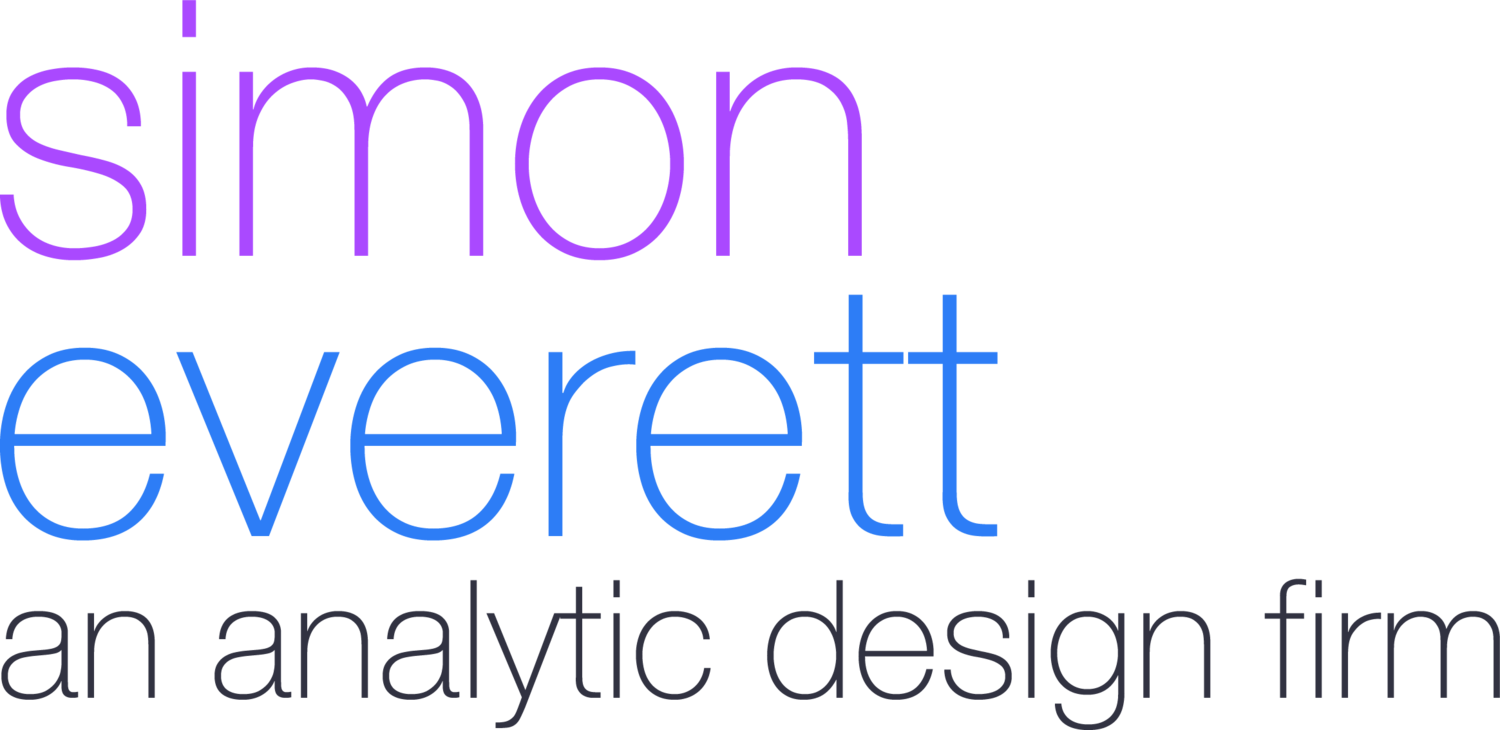Help us help you
On March 25th, Dan and I participated in the third and final workshop in the “Defense Technology Innovation” series coordinated by the Center for 21st Century Security & Intelligence (21CSI) at the Brookings Institution. At 21CSI, Ian Wallace and Peter Singer are exploring how DoD can better “spin in” information technologies. Representatives from the private, public, and non-profit sectors discussed challenges to effective technology acquisition and opportunities to promote reform. We don’t want to “scoop” Brookings by sharing any of the takeaways in advance of its forthcoming report, but we found the exchange to be encouragingly objective – viewing the issue from the perspective of both industry and government – and grounded in realistic considerations of cost, risk, and potentially conflicting incentives inherent to the acquisition process. We look forward to continuing to work with 21CSI on addressing this persistent challenge.
